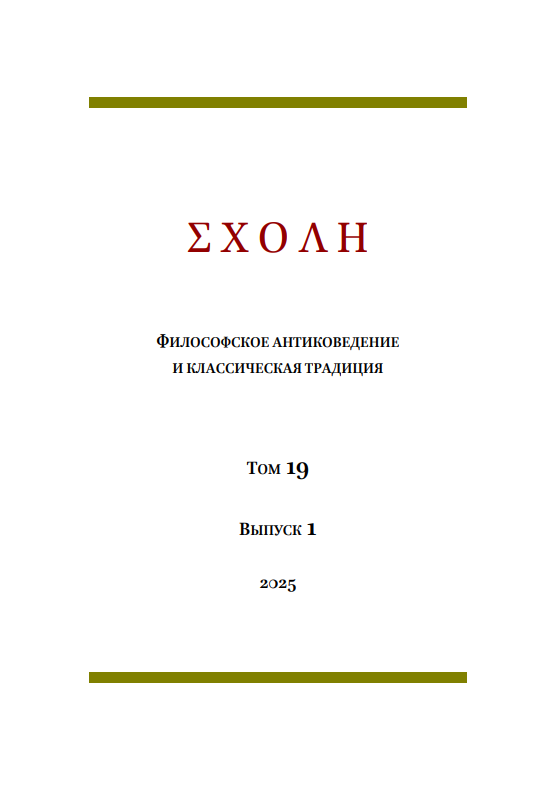Формирование древнееврейской идентичности: к вопросу о религиозно-политической составляющей библейских обозначений «протоизраильтян» и израильтян
Formation of the Hebrews’ Identity: Towards a Religious and Political Component of Some Biblical Designations of the “Proto-Israelites” and Israelites
Author(s): Igor TantlevskijSubject(s): Jewish Thought and Philosophy, History of Judaism, Biblical studies, Identity of Collectives
Published by: Новосибирский государственный университет
Keywords: “Proto-Israelites” and Ancient Israelites identity; the designations hā-ʻiḇrî; ʼărammî; ʼaḇrām/ʼaḇrāhām; yaʻăqōḇ; yәšūrûn; yiśrāʼēl;
Summary/Abstract: The article deals with the evolution and semantic field of the term hā-ʻiḇrî, first used in the Bible in Gen. 14:13 in relation to Abram (Abraham), in the context of the Sutīʼū hypothesis of the origin of the Israelites’ ancestors. The term sutīʼū is probably a rendering of the Amorean šәtīʼu, i.e., “descendants of Shutu (resp. Sutu),” to whom the biblical Sheth is identical. According to the genealogies of the Book of Genesis, it is to Sheth and his son Enosh (lit. “Man”) — a “new” Adam (actually “Man”) — that all mankind is traced back. Abraham’s ancestor in the direct line is called ʻĒḇer (from the verb ʻāḇar, “to cross (often, over a river)”), i.e., “Crossing”, or perhaps “Beyond the River.” Hence the adjective ʻiḇrî implies “(a man) from ʻĒḇer / resp. Beyond the River” (one who came from across the Euphrates; cf. e.g., Josh. 24:2–3). Thus, hā-ʻiḇrî in Gen. 14:13 is not an ethnonym but rather an indication of origin: ʼaḇrām hā-ʻiḇrî, Abram From-Beyond-the-River. (Cf. the term ʼărammî in Deut. 26:5 in the sense of “from Aram”, not ethnically: an ”Aramean”.) In Deut. 32:15, 33:5, 26, and Is. 44:2, the designation yәšūrûn is used as a synonym for the name-ethnonym yaʻăqōḇ, lit. “straightened”, hence “straight,” “righteous,” etc. One could say that yәšūrûn is yiśrāʼēl ideally, i.e., Israel, who adequately kept the Law of the Lord. This name may have arisen among the Israelites as a kind of reaction to the interpretation by some of their neighbours (Edomites?) of the ethnonym yaʻăqōḇ as “deceitful” (cf., e.g., Gen. 27:36). Variants of the etymology of the term yiśrāʼēl are also considered. In particular, the author concludes that the “struggle” of Jacob-Israel “with gods and men (ʼĕlōhîm wa-ʼănāšîm)” stated in Gen. 32:29 may be interpreted in terms of his struggle with foreign cults, primarily the cult of deified ancestral spirits, as well as with the military and political enemies of the Israelites. It is also possible that the story has been interpreted as an allegory of Israel’s conquest of nations, whose lands are “patronized” by their “gods.”
Journal: ΣΧΟΛΗ. Философское антиковедение и классическая традиция
- Issue Year: XIX/2025
- Issue No: 1
- Page Range: 262-273
- Page Count: 12
- Language: Russian

